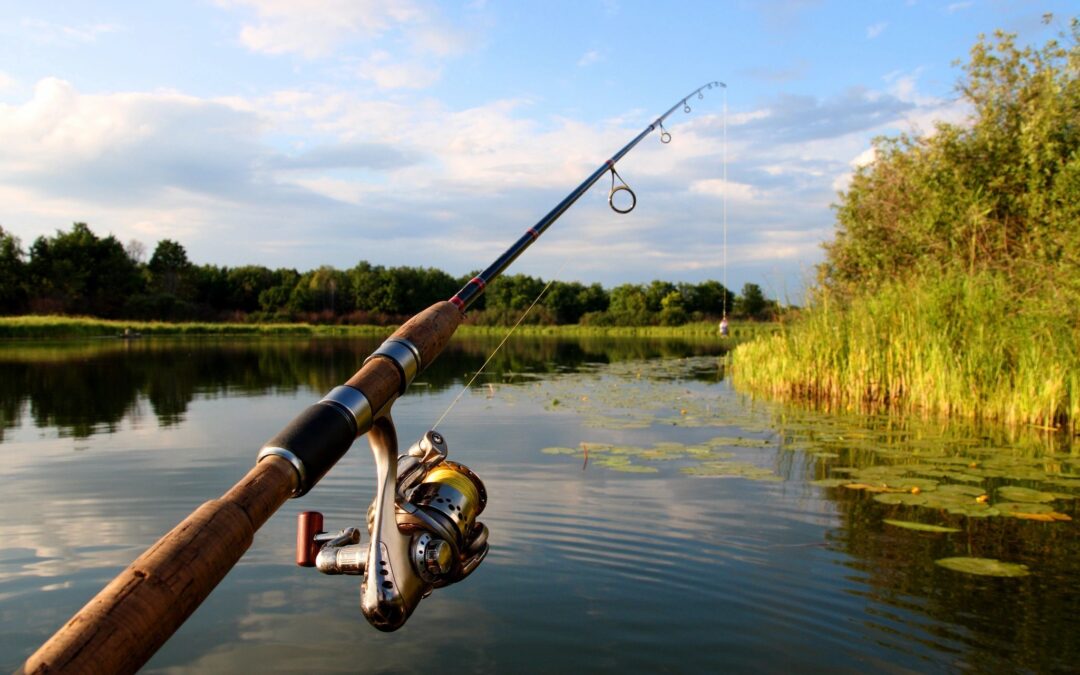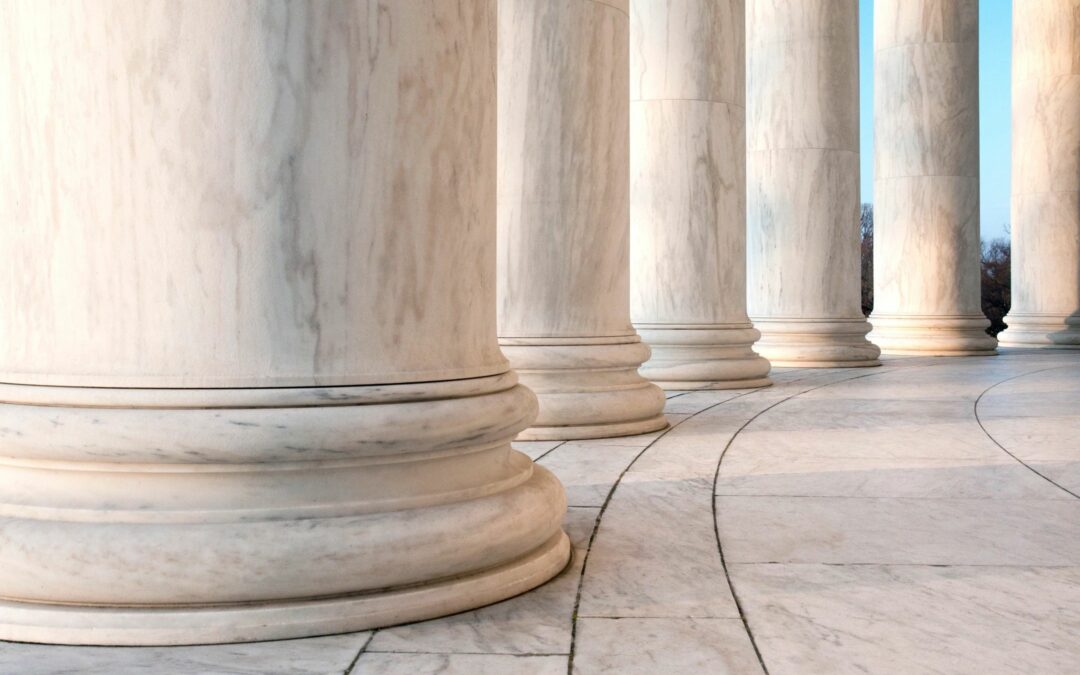
by Sarah Geers | Sep 28, 2021 | Federal Circuit, Federal Circuit Appeal, Petitions, PTAB News
By Lisa Furby and Sarah Geers – In Baker Hughes Oilfield v. Hirshfeld, the Federal Circuit held that the PTAB violated the Administrative Procedure Act (“APA”) by finding certain instituted claims obvious on grounds it had indicated in its institution that it...

by Albert Liou | Sep 17, 2021 | Federal Circuit, Federal Circuit Appeal, Prior Art Issues
By Albert Liou – In the recent precedential Federal Circuit decision Valve Corporation v. Ironburg Inventions Ltd., No. 2020-1315, 2020-1315, 2020-1379, 2021 WL 3628664 (Fed. Cir. August 17, 2021), the Federal Circuit ruled on an issue that is not often...

by John Evans, Ph.D. | Sep 3, 2021 | Design Patents, Federal Circuit
By Kerry Barrett and John Evans – As with utility patents, a patentee can counter obviousness of a patented design by producing objective evidence that the design was non-obvious, like commercial success, copying, etc. But to be persuasive, a nexus must exist...

by Matthew Johnson | Nov 11, 2019 | Federal Circuit, PTAB News
By Nate Andrews and Matt Johnson Judge Dyk and Judge Newman disagree with the Arthrex remedy requiring rehearing. In Arthrex, the Federal Circuit panel of Judges Moore, Reyna, and Chen held the appointment of Administrative Patent Judges (APJs) was an...

by Kenneth Luchesi | Oct 10, 2019 | Federal Circuit
By Kenny Luchesi In Henny Penny Corp. v. Frymaster L.L.C., No. IPR2016-01435, (P.T.A.B. Mar. 16, 2017), the petitioner (HPC) challenged certain claims of U.S. Patent No. 8,497,691, owned by HPC’s competitor, Frymaster. The ’691 patent relates to deep fryers, and is...

by Matthew Johnson | Aug 1, 2019 | Federal Circuit, Prior Art Issues, Standing
By Elizabeth Dengler,* Mike Lavine, Jihong Lou, Matthew Johnson Samsung Electronics Co., Ltd. (“Samsung”) petitioned for inter partes review (“IPR”) of U.S. Patent No. 8,917,772 (“the ‘772 Patent”), which is owned by Infobridge and is directed to encoding and decoding...







